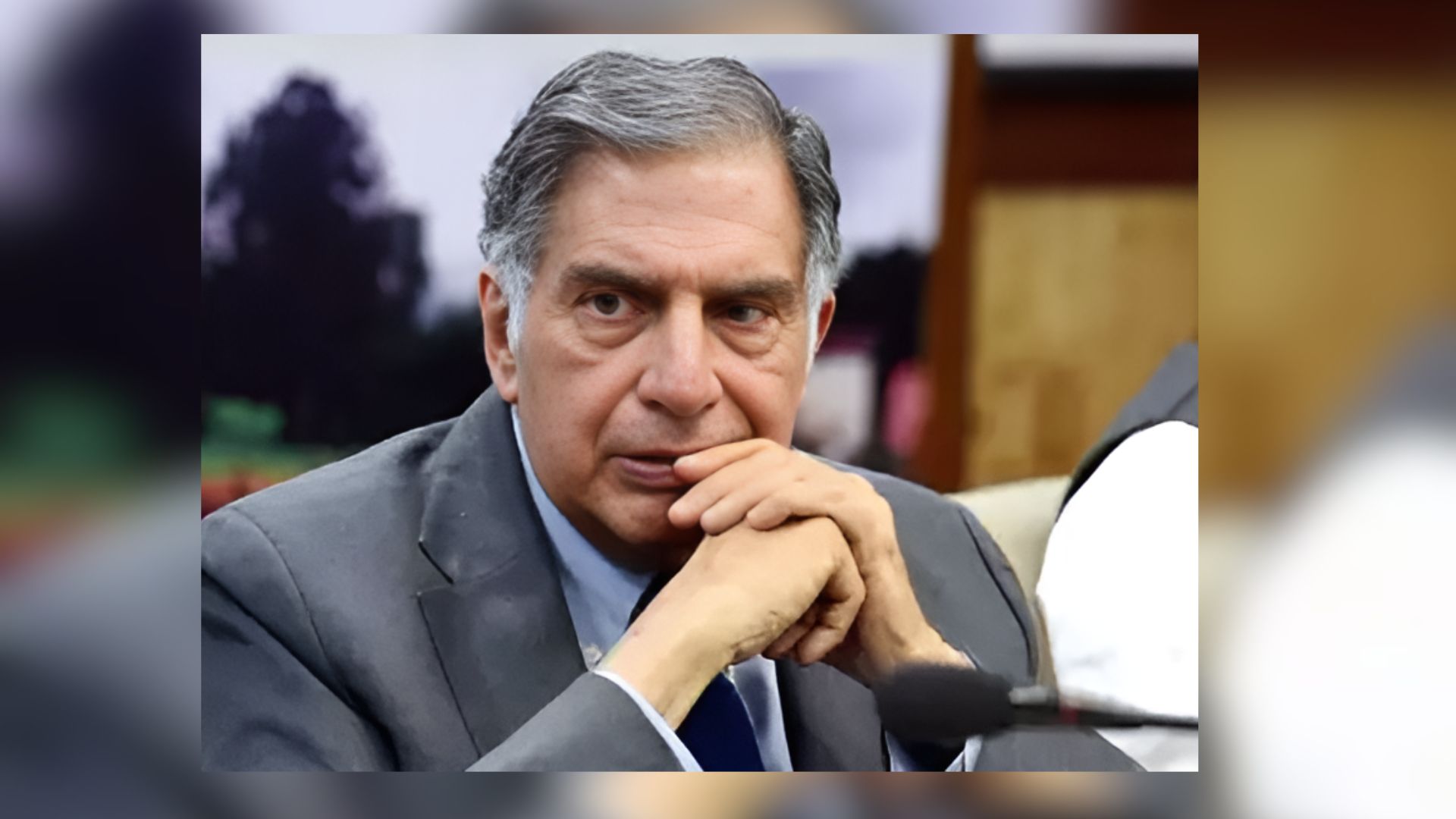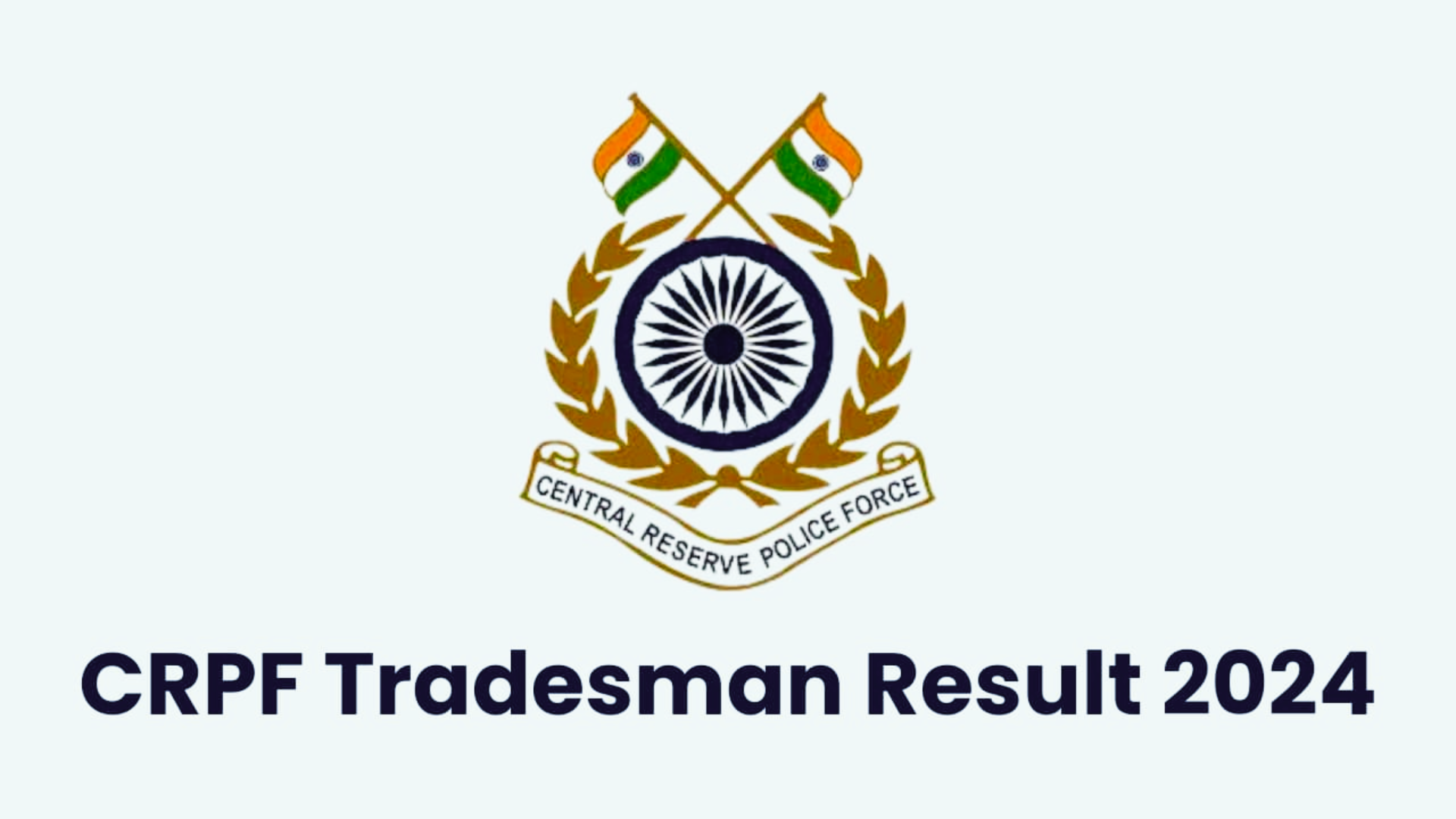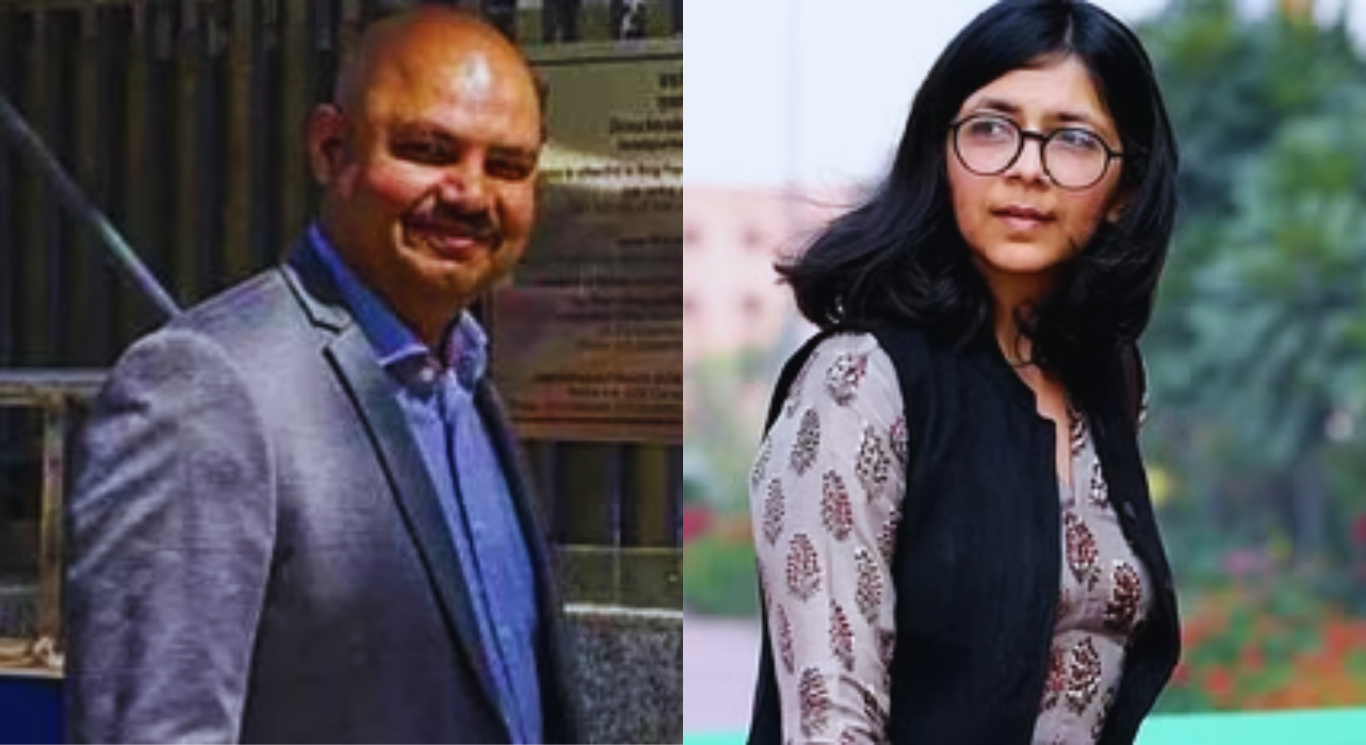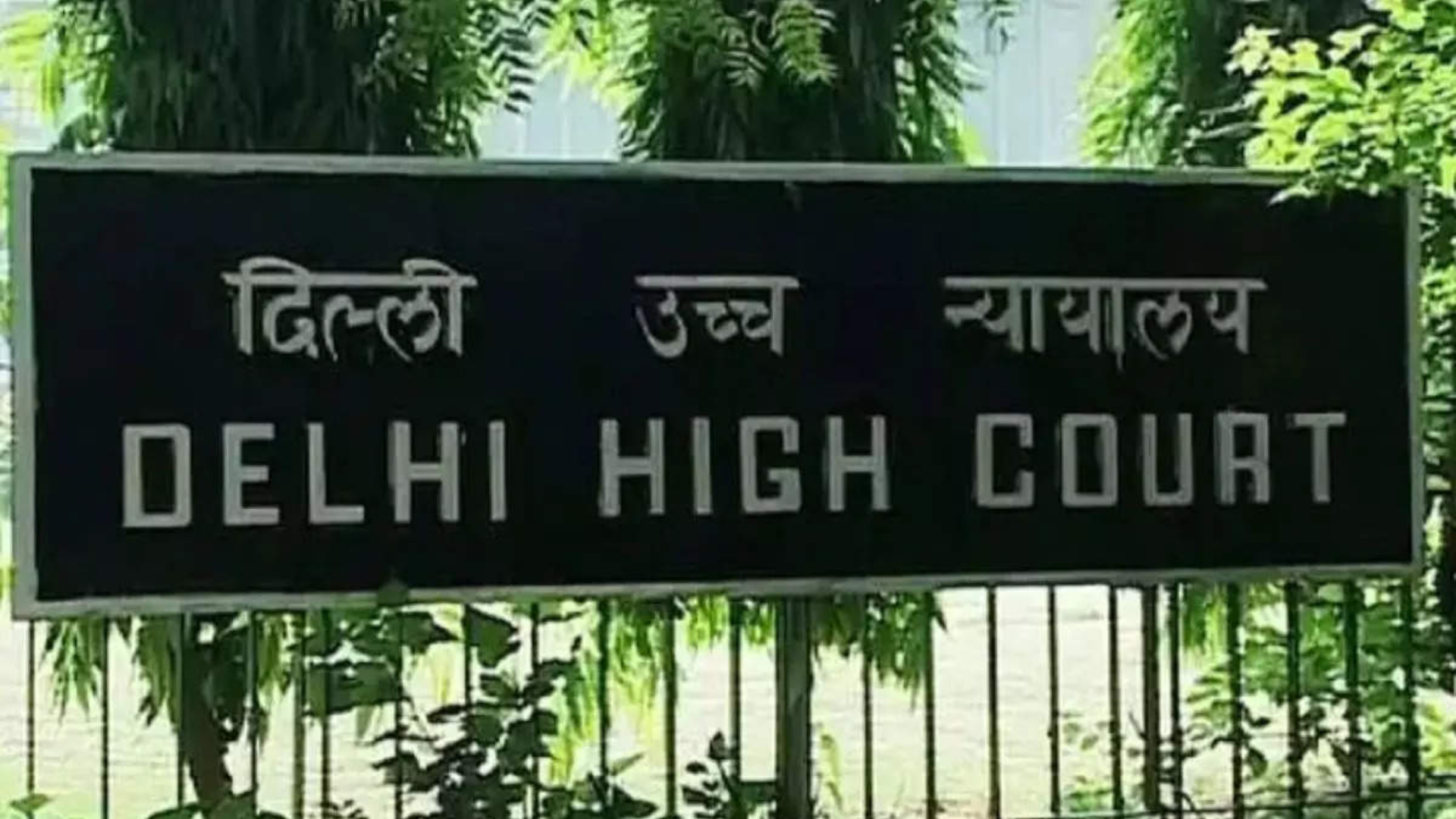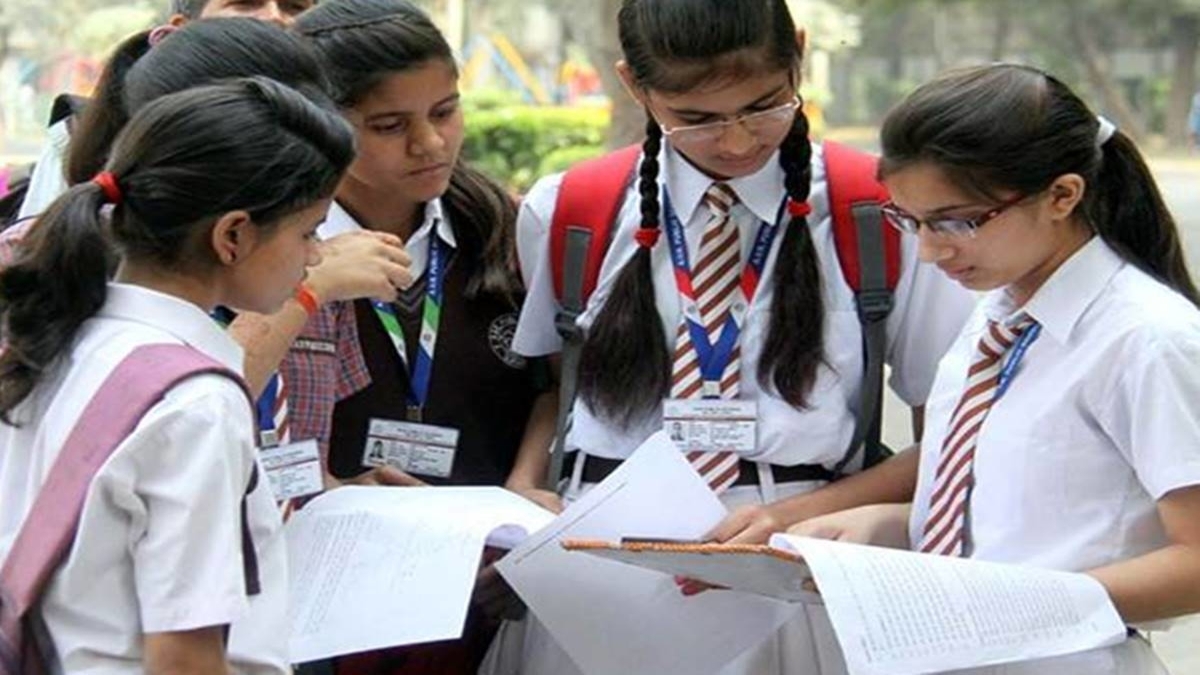



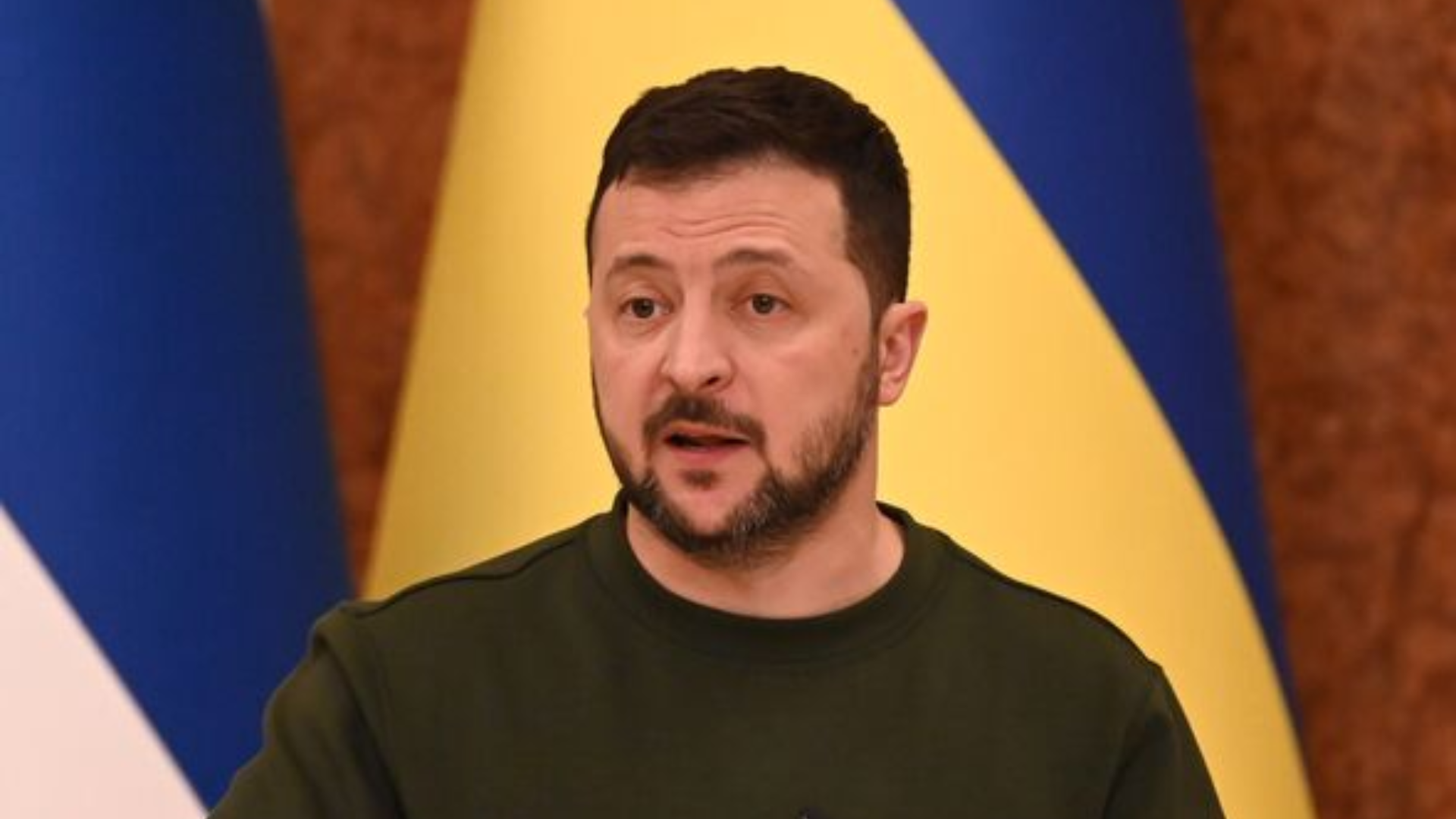





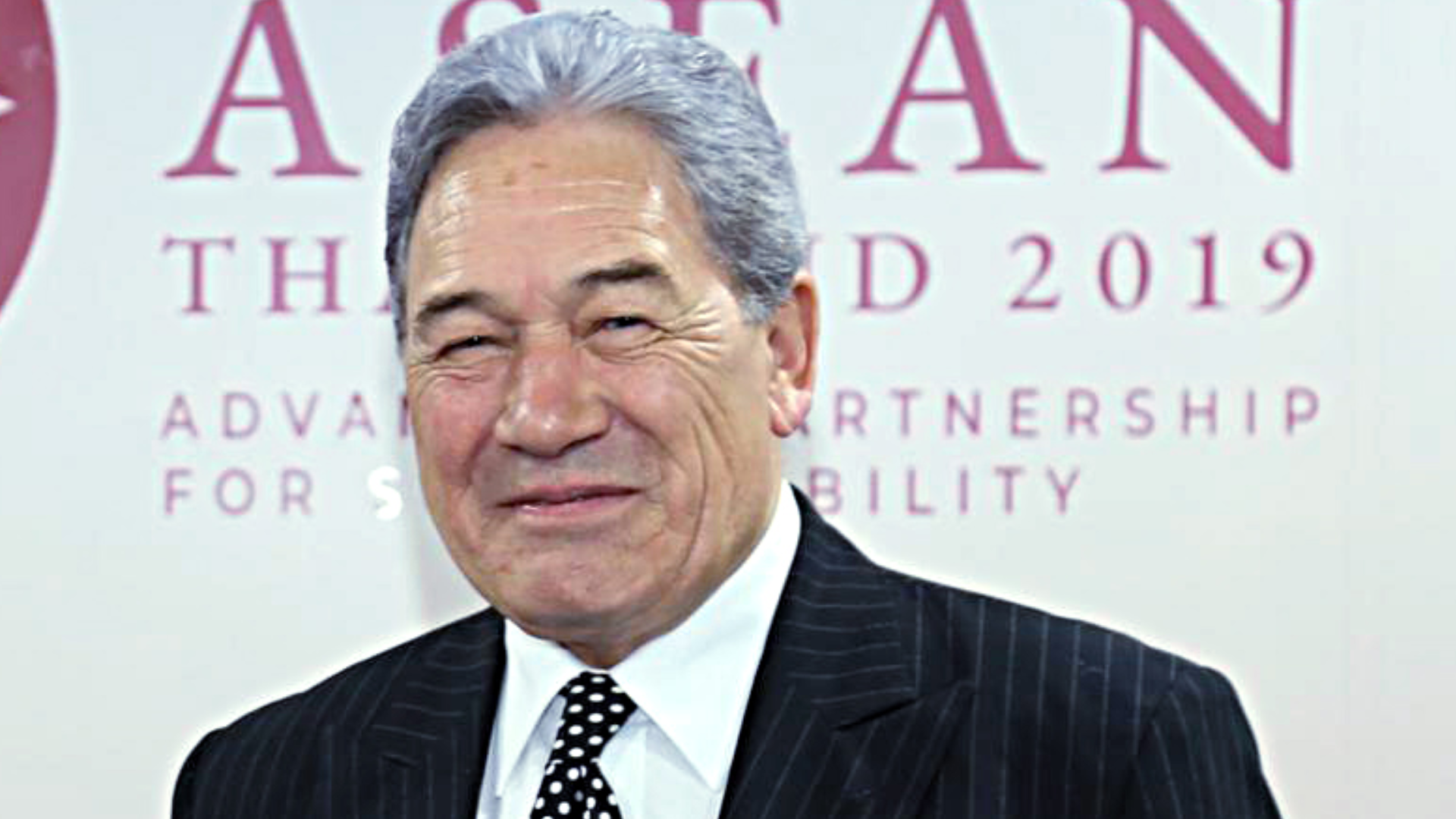
New Zealand’s Deputy Prime Minister Winston Peters stressed the importance of allowing the ongoing investigation to proceed before making definitive conclusions regarding the allegations made by the Canadian government against India concerning the killing of designated Indian terrorist Hardeep Singh Nijjar.
As a member of the Five-Eyes intelligence alliance, New Zealand maintains its stance that if the allegations are proven true, it would raise serious concerns.
John Tulloch, spokesperson for the Deputy PM, reiterated New Zealand’s position, highlighting the need for the investigation to reach its conclusion before judgments are made.
“New Zealand’s stance on the allegations remains consistent; if they are substantiated, it would be a matter of serious concern. The minister’s point is that this is an ongoing criminal investigation that must be allowed to run its course before definitive conclusions can be made,” Tulloch told ANI.
Canadian Prime Minister Justin Trudeau previously suggested a potential link between Nijjar’s killing and Indian government agents, which India dismissed as “absurd and motivated.”
Nijjar, designated as a terrorist in India, was fatally shot outside a Gurudwara in British Columbia on June 18 last year. However, the Royal Canadian Mounted Police (RCMP) has yet to name any suspects or make arrests in connection with the killing. Nijjar’s death sparked a diplomatic dispute between India and Canada.
This strained diplomatic relations between India and Canada, raising concerns about the future of their bilateral partnership.
Meanwhile, New Zealand Foreign Minister Winston Peters concluded a successful visit to India from March 10 to 13, describing it as an important step in advancing the relationship between the two countries.
“New Zealand and India are two countries that can, should, and will do more together,” Peters remarked, adding, “My visit has underscored a mutual commitment to enhancing a broad-based, mutually beneficial relationship.”
During his visit, Peters met with his counterpart, External Affairs Minister S Jaishankar, in New Delhi.
“It is evident that New Zealand and India share common strategic perspectives regarding the security challenges in our Indo-Pacific region, as well as a determination to collaborate further to address them,” Peters also noted.
“Minister Jaishankar and I have agreed to collaborate to explore more opportunities and elevate the relationship between New Zealand and India. Further high-level political exchanges in both directions throughout 2024 will be crucial in this process,” he added.
Peters also visited the Swaminarayan Akshardham temple in Gandhinagar, Gujarat, and met with representatives of the Jama Masjid Mosque in New Delhi.

